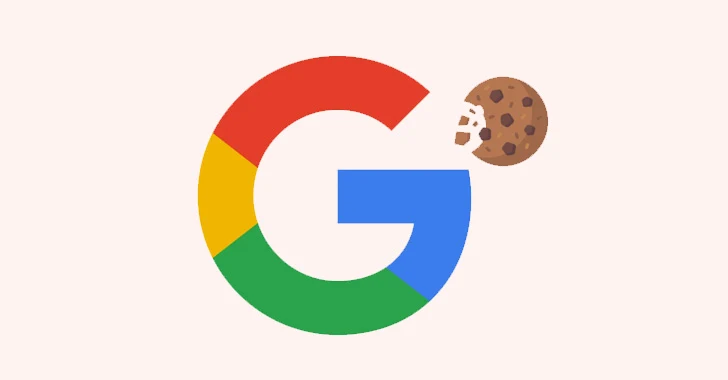In recent years, the issue of digital privacy has gained significant attention, prompting major tech companies to take steps to enhance user privacy protection. However, a recent announcement by Google that it is abandoning its plan to phase out support for third-party cookies in Chrome has sparked widespread debate and concern. This article will analyze the potential impacts of this decision on users, the industry, and the regulatory environment, incorporating relevant data to provide a comprehensive view.

Challenges to User Privacy Protection
Google initially planned to phase out third-party cookies as part of its efforts to enhance user privacy protection. Third-party cookies are capable of tracking user behavior across different websites, collecting browsing data that could potentially lead to privacy breaches. According to a 2020 study by the Interactive Advertising Bureau (IAB), over 76% of online advertisements rely on third-party data to target users. Now that Google has abandoned this plan, users who prioritize privacy may feel disappointed and uneasy. They might question Google’s commitment to privacy and worry about their online activities being misused. This erosion of trust could extend beyond Chrome to other Google products and services.
Changes in Personalized Advertising Experience
While third-party cookies facilitate personalized advertising, making ads more relevant to users’ interests and needs, this personalization comes with downsides. Excessive personalization can make users feel constantly monitored, leading to privacy concerns. Additionally, if advertisements become too closely tailored to individual preferences and behaviors, they might cause discomfort or annoyance. According to a report by PageFair in 2019, nearly 53% of internet users find personalized ads intrusive. Google’s decision to maintain third-party cookie support might intensify these feelings among some users, potentially leading them to develop an aversion to personalized advertising.
Industry Trends and Competitive Landscape
Other browsers like Safari and Firefox have already implemented measures to restrict or block third-party cookies, focusing on user privacy protection and gaining support from privacy-conscious users. For instance, Apple’s Safari browser introduced the Intelligent Tracking Prevention (ITP) feature in 2017, which significantly limits the ability of third-party cookies to track users. Google’s decision to keep supporting third-party cookies could put it at a disadvantage compared to these competitors. Users concerned about their privacy might consider switching to browsers that offer stronger privacy protections, impacting Google’s market share and competitiveness in the browser industry. According to StatCounter, as of December 2022, Chrome holds approximately 64.8% of the global browser market share, but any loss of trust could jeopardize this dominant position.
Regulatory Scrutiny and Compliance Pressure
The global regulatory landscape for data protection is becoming increasingly stringent, with stricter laws and regulations aimed at safeguarding user privacy. The European Union’s General Data Protection Regulation (GDPR) and California’s Consumer Privacy Act (CCPA) are prime examples, imposing rigorous requirements on data collection, processing, and usage. Google’s decision to continue supporting third-party cookies despite these trends could attract heightened scrutiny from regulatory bodies. They might question the effectiveness of Google’s privacy protection measures, potentially leading to further investigations and increased compliance costs for the company. According to a 2022 report by the International Association of Privacy Professionals (IAPP), GDPR non-compliance fines reached €1.1 billion in 2021 alone, underscoring the financial risks associated with regulatory non-compliance.
Google’s decision to abandon its plan to phase out third-party cookies in Chrome represents a complex and controversial choice with wide-ranging implications. It affects user privacy, personalized advertising experiences, industry competition, and regulatory compliance. For users, this decision could raise privacy concerns and alter their perception of personalized ads. In the broader industry context, it may shift competitive dynamics, encouraging other browser developers to emphasize privacy features more strongly. From a regulatory perspective, Google may face increased scrutiny and pressure to demonstrate robust privacy protection measures. As the digital landscape evolves, ongoing attention and dialogue are essential to ensure that user privacy remains a priority amidst technological advancements and business strategies.